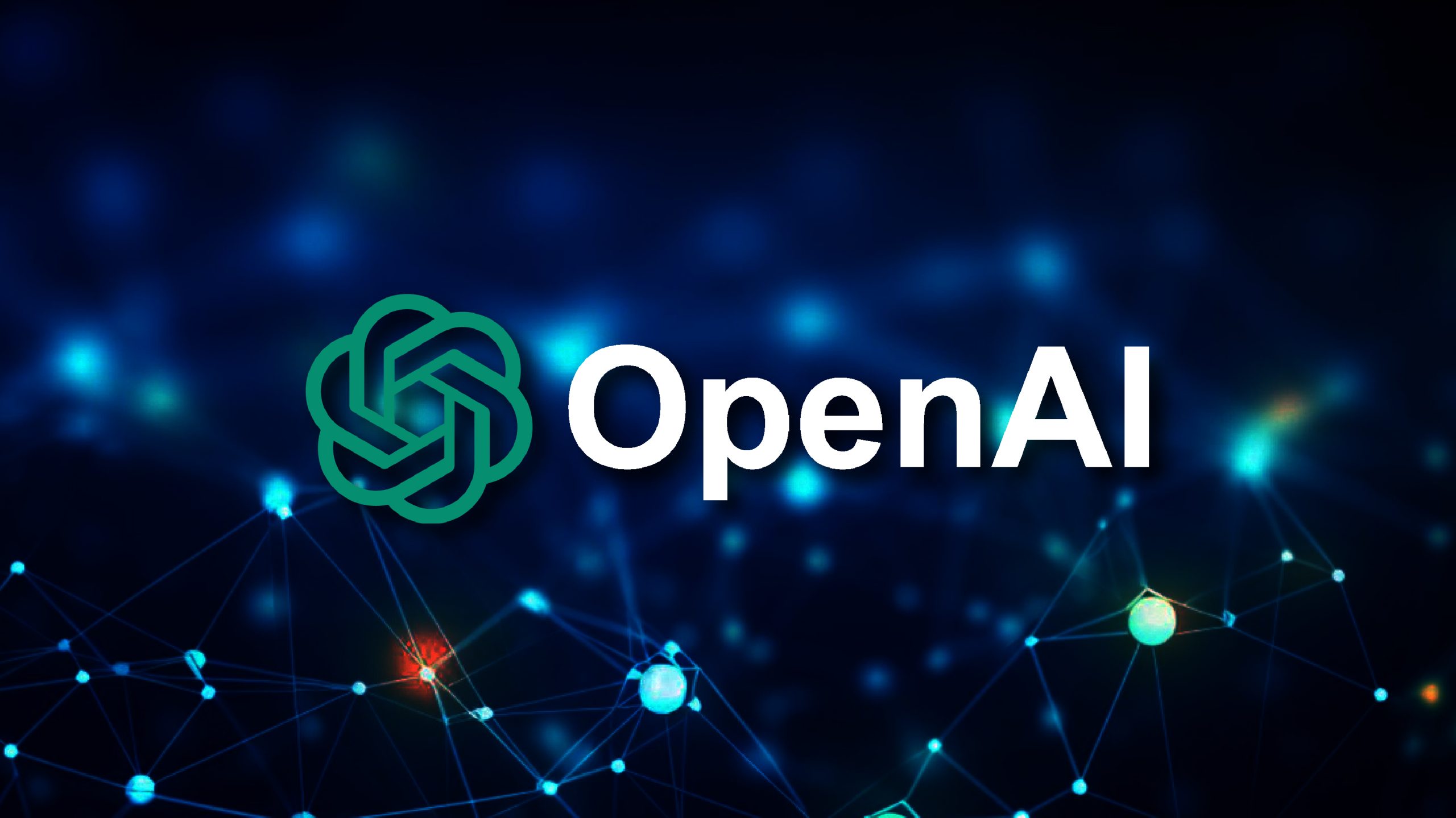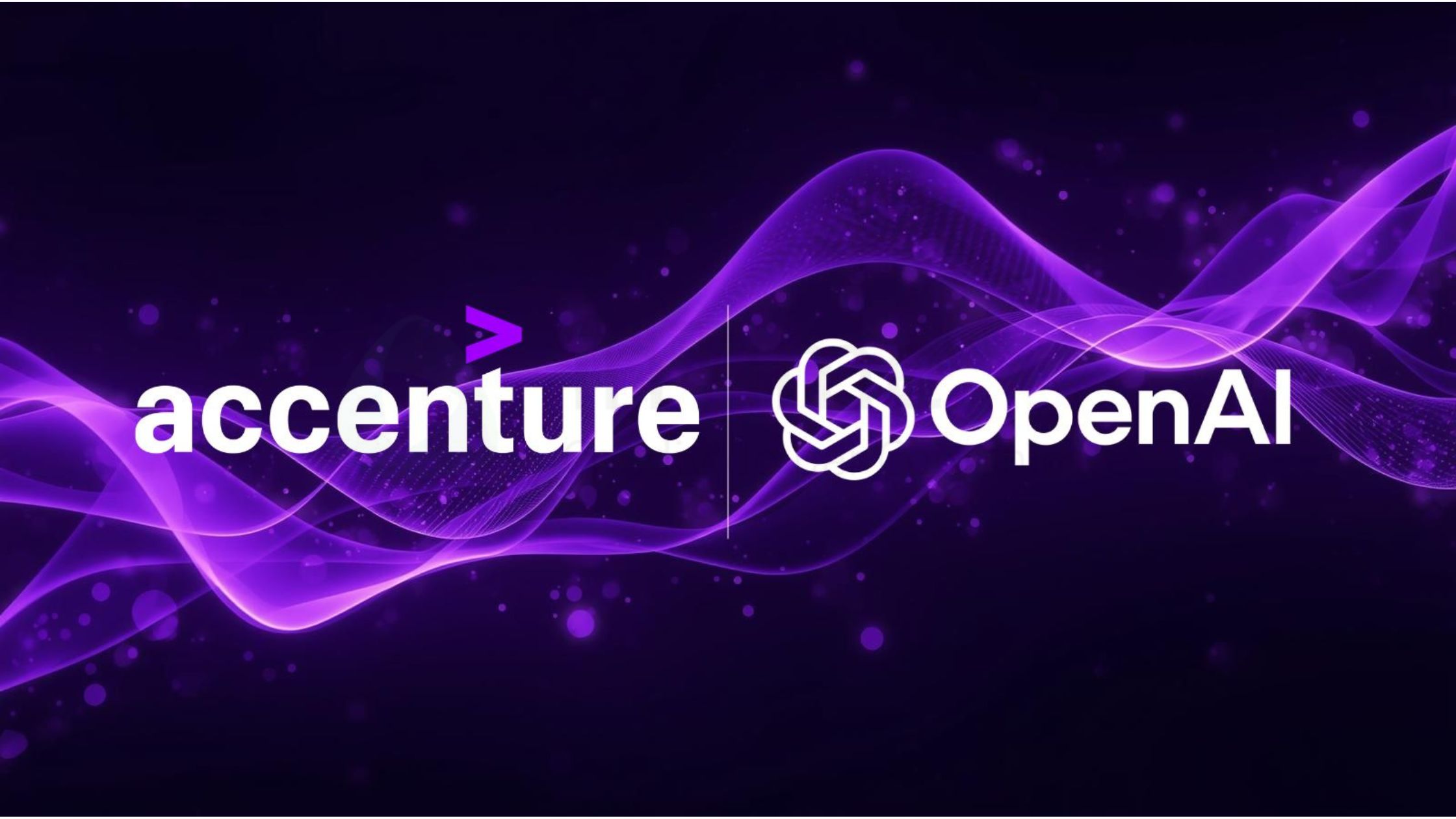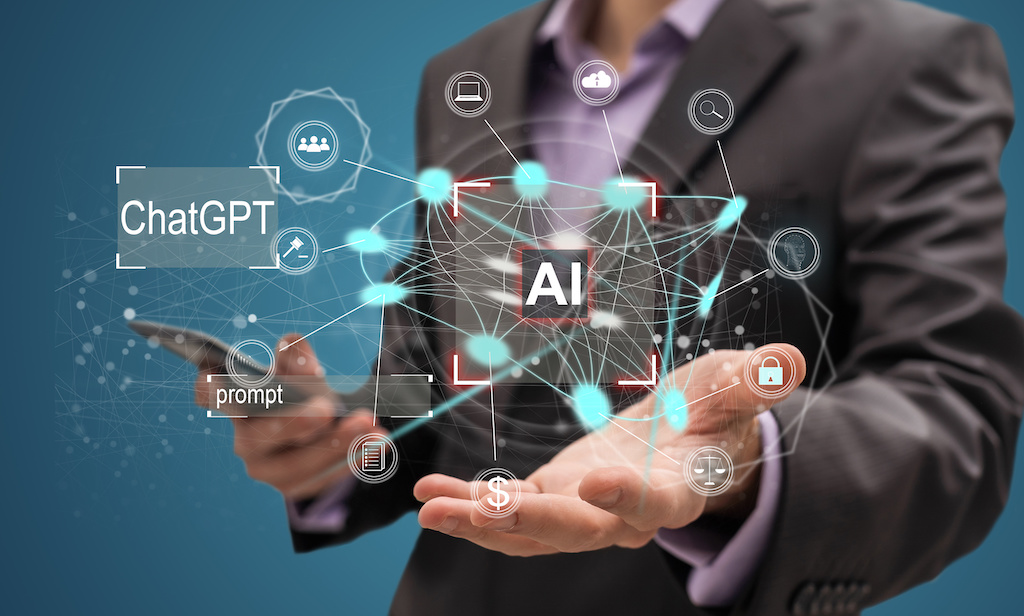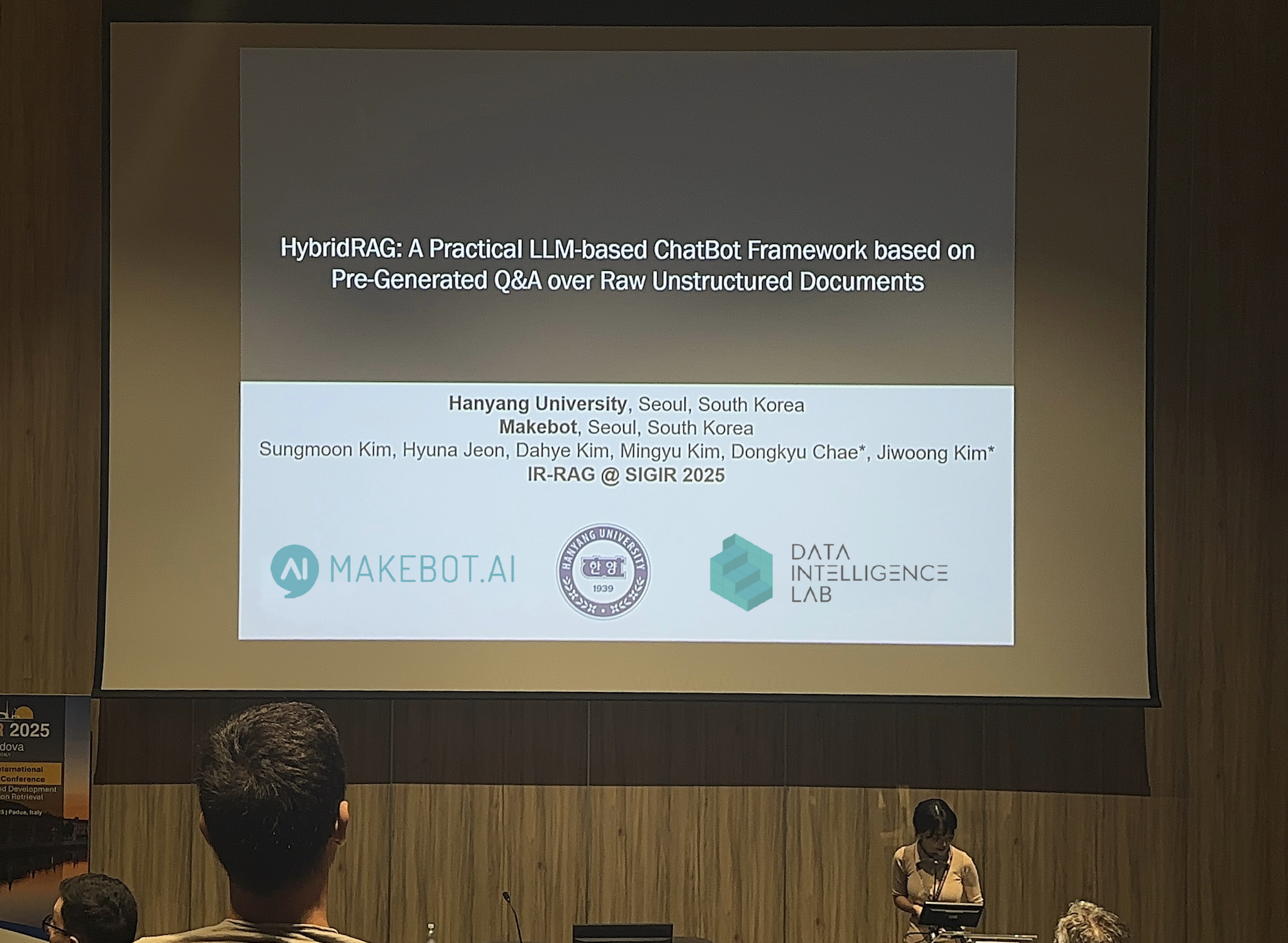Business Uses of Natural Language Processing Solutions
NLP is revolutionizing business with AI for better communication, data analysis, & insights.


Natural Language Processing (NLP) has emerged as a transformative technology for businesses across various sectors.
By enabling computers to understand, interpret, and generate human language, NLP is revolutionizing how companies operate, communicate with customers, and extract valuable insights from unstructured data.
This article explores the diverse applications of NLP in business and the tangible benefits it delivers.
The Evolution from NLP to Generative AI Chatbots in 2025. Read more here!

What is Natural Language Processing?
Natural Language Processing is a branch of artificial intelligence that focuses on the interaction between computers and human language. It combines computational linguistics, machine learning, and deep learning to process and analyze large amounts of natural language data. NLP enables computers to not just understand the literal content of text or speech, but also to interpret context, sentiment, and intent.
According to the research, NLP refers to "any way that computers handle human language," with modern NLP solutions typically built using machine learning. These systems process text according to grammatical rules and linguistic habits, identifying patterns to determine meaning and predict what might come next.
The market for NLP in healthcare and life sciences alone is expected to reach $2650.2 million by 2021, while the overall NLP market is projected to reach $156.76 billion by 2030, demonstrating its growing importance across industries.
The Distinction Between NLP, LLMs, and Generative AI
It's important to understand the relationship between these technologies:
- NLP is the broader field focused on enabling computers to process human language
- Large Language Models (LLMs) represent a new stage in the evolution of NLP, designed to process and generate text by learning language patterns from vast datasets
- Generative AI encompasses systems that create new content (including text, images, code) by learning from patterns in large datasets
LLMs like GPT-4, BERT, and PaLM exist at the intersection of NLP and Generative AI, performing NLP tasks while also generating creative content.
Unlike traditional NLP models, LLMs are typically based on transformer architecture and trained on massive text datasets through self-supervised learning.
Market Growth Transforming Healthcare with AI Chatbots, GenAI, and LLMs. Read more here!

Key Benefits of NLP for Businesses
NLP offers numerous advantages that can significantly impact business operations and outcomes:
Enhanced Communication
- Improves customer interactions through automated responses that understand intent and context
- Enables seamless communication across language barriers with real-time translation
- Provides text analysis and summarization tools that optimize workflows
Efficient Data Analysis
- Classifies and categorizes unstructured data automatically
- Identifies valuable patterns, trends, and customer preferences
- Delivers deeper customer insights to inform business decisions
Streamlined Operations
- Automates routine tasks like data entry and document processing
- Reduces operational costs through improved efficiency
- Accelerates information extraction and decision-making processes
Personalized Customer Experience
- Delivers tailored offerings based on individual preferences
- Provides personalized recommendations and content
- Enhances customer satisfaction and loyalty
Better Reputation Management
- Monitors brand mentions across channels
- Analyzes customer sentiment in reviews and social media
- Enables proactive response to emerging issues
10 Healthcare Challenges Solved by AI Chatbots and LLMs. Read more here!
Top Applications of NLP in Business
1. Customer Service and Support
NLP powers intelligent chatbots and virtual assistants that handle customer inquiries instantly and accurately. These AI-powered solutions can:
- Understand customer questions, regardless of how they're phrased
- Provide quick answers to FAQs
- Solve simple problems without human intervention
- Escalate complex issues to human agents when necessary
For example, the Australian Tax Office deployed an AI virtual assistant named Alex that handled over 270,000 conversations within three months, with a first contact resolution rate of 75%. This allowed the organization to maintain high service quality even during peak periods.
According to Accenture, "40% of all working hours can be impacted by large language models like GPT-4," and research shows that LLMs could handle about almost 70% of complicated customer service communication.
2. Sentiment Analysis
NLP techniques can extract emotional intent from text, classifying it as positive, negative, or neutral. This enables businesses to:
- Monitor customer feelings about brands, products, or services
- Identify pain points and areas for improvement
- Track brand reputation in real-time
- Measure the emotional impact of marketing campaigns
TasNetworks, a Tasmanian power supplier, used sentiment analysis on monthly customer survey responses to detect service-related issues, identify general customer sentiments, and pinpoint specific problems in their service delivery.
3. Text Classification and Document Processing
NLP can automatically categorize documents and text units into predefined categories, making information management more efficient. Applications include:
- Sorting company presentations, reports, and internal documents
- Detecting inappropriate content (like LinkedIn flagging problematic profiles)
- Identifying hate speech or policy violations (as Facebook does)
- Organizing customer feedback by topic or department
Legal and financial professionals use NLP to process contracts and regulatory documents, extract key terms, identify risks, and summarize complex content—significantly reducing manual workload while ensuring accuracy.
4. Market Research and Competitive Analysis
NLP enables businesses to gather valuable intelligence from vast amounts of unstructured text data:
- Analyzing consumer reviews and social media discussions
- Monitoring competitor websites, news, and social platforms
- Benchmarking survey data across markets and languages
- Identifying market trends and consumer preferences
An IBM report states that their NLP solutions can reduce time spent on information-gathering tasks by 50%, representing significant efficiency gains for market research teams.
5. Risk Investigation and Fraud Detection
Financial institutions and other businesses use NLP to identify potential risks and fraudulent activities:
- Analyzing transaction patterns and communications
- Flagging suspicious activities for review
- Automating compliance checks
- Monitoring unusual customer behavior
By applying NLP to financial data and communications, organizations can enhance fraud prevention efforts without increasing manual workload, reducing risk exposure while improving regulatory compliance.
6. Content Generation and Summarization
NLP and Generative AI can help create and condense content, saving time and resources:
- Generating product descriptions, reports, and marketing materials
- Summarizing long documents, meetings, or research papers
- Creating headlines and content for websites or social media
- Extracting key points from lengthy texts
Text summarization technology can analyze thousands of consumer reviews for a product and generate concise summaries of what people are saying, saving users from reading through every comment while providing the essential information.
7. Recruitment and HR
NLP streamlines hiring processes and HR operations by:
- Analyzing resumes to identify relevant skills and experience
- Matching candidates with job requirements
- Sorting applications based on qualifications
- Predicting employee turnover based on communication patterns
For example, CV-Library, one of the UK's largest job boards, uses NLP to help recruiters categorize and sort through resumes more efficiently, significantly reducing their workload.
8. Multilingual Support and Translation
Global businesses leverage NLP to communicate effectively across language barriers:
- Providing real-time translation of customer communications
- Offering support in multiple languages without dedicated language teams
- Localizing content for different markets
- Enabling cross-border trade and international customer engagement
E-commerce platforms like eBay use machine translation powered by NLP to enable cross-border trade by connecting users across the world, while Facebook uses similar technology for translating posts and comments.
9. Voice Recognition and Transcription
NLP powers speech recognition systems that convert spoken language into text:
- Transcribing meetings, interviews, and customer calls
- Enabling hands-free operations and voice commands
- Analyzing call transcripts for quality assurance
- Supporting accessibility initiatives
Healthcare providers use these tools to document patient interactions, while legal firms convert recorded depositions into searchable text, enhancing documentation accuracy while supporting hands-free interactions.
90% of Healthcare Executives See Positive ROI from GenAI Investments. Read more here!
Industry-Specific NLP Applications
Finance and Banking
- Risk prediction and assessment
- Automated trading based on news sentiment
- Regulatory compliance monitoring
- Fraud detection and prevention
- Real-time intelligence on financial stocks
Healthcare
- Processing Electronic Health Records (EHRs)
- Analyzing clinical notes and medical literature
- Patient symptom analysis
- Medical coding automation
- Clinical trial matching
Manufacturing
- Supply chain optimization
- Quality control through error log analysis
- Equipment maintenance prediction
- Factory error log clustering and analysis
- Identifying causes of supply chain disruption
Insurance
- Claims processing automation
- Underwriting assistance
- Risk assessment
- Fraud detection
- Customer service enhancement
Use Cases for Natural Language Processing in Healthcare. Read more here!
Implementing NLP in Business: A Strategic Approach
A successful implementation of NLP solutions requires careful planning:
- Define clear business objectives before implementation
- Choose reputable providers with proven track records
- Evaluate solution capabilities against specific business needs
- Plan for seamless deployment and ongoing maintenance
- Test the solution with a small user group before full deployment
- Continuously train the system to improve performance
- Address ethical considerations, including potential bias
- Ensure robust data privacy and security measures
- Monitor performance using relevant metrics
- Regularly update and innovate to stay competitive
Challenges of Implementing NLP in Business
Despite its benefits, implementing NLP comes with challenges:
- Understanding context and nuance: Human language contains slang, idioms, and ambiguities that NLP may struggle to interpret accurately.
- Data privacy and security: Customer interactions often contain sensitive information requiring strict protection measures, especially when using third-party LLM APIs.
- Bias and fairness: NLP algorithms trained on biased datasets may produce unfair or discriminatory outcomes.
- Integration with existing systems: Adding NLP capabilities to current workflows may require significant resources and custom development.
- Cost considerations: Processing large volumes of data through LLMs can be expensive, requiring careful assessment of ROI.

Future Trends in NLP for Business
The evolution of NLP continues with several emerging trends:
- Advanced Large Language Models with improved reasoning capabilities
- Multimodal AI integrating NLP with image and video processing
- Explainable AI for regulatory compliance and transparency
- Industry-specific language models tailored to particular domains
- Real-time translation and localization for seamless global communication
- Voice-enabled AI for more natural, hands-free interactions
According to research, 77% of businesses are currently using NLP and expect to increase their investment, with 52% using a combination of machine learning with symbolic or rules-based methodologies, and 79% using machine learning technology alongside either deep learning or knowledge graphs.
Conclusion
Natural Language Processing has evolved from an academic discipline to a critical business technology. As businesses generate ever-increasing volumes of unstructured text data, NLP offers a powerful way to extract meaningful insights, automate processes, and enhance customer experiences.
IBM estimates that up to 80% of data in any organization is unstructured, mostly in text form. This represents an enormous untapped resource that NLP can help businesses harness. Companies across industries—from finance and healthcare to retail and manufacturing—are leveraging NLP to improve efficiency, reduce costs, and create new revenue opportunities.
By transforming how businesses analyze, interpret, and act on text-based data, NLP and LLMs are not just additions to the technology arsenal but revelations that can uncover untold potential within business data. As these technologies continue to advance, organizations that embrace them will gain significant competitive advantages through deeper insights, faster processing capabilities, and more personalized customer interactions.
Transform Business Operations with AI-Powered Solutions
As NLP revolutionizes businesses with 80% of medical data existing in unstructured formats, Makebot's expertise in hybrid RAG technology offers the perfect solution for business organizations looking to unlock this valuable information.
Ready to minimize documentation time by up to 70% and improve patient care?
Contact our AI experts today at b2b@makebot.ai to discover how our verified chatbot solutions can transform your business practice.

Studies Reveal Generative AI Enhances Physician-Patient Communication






















































_2.png)

















.jpg)

























